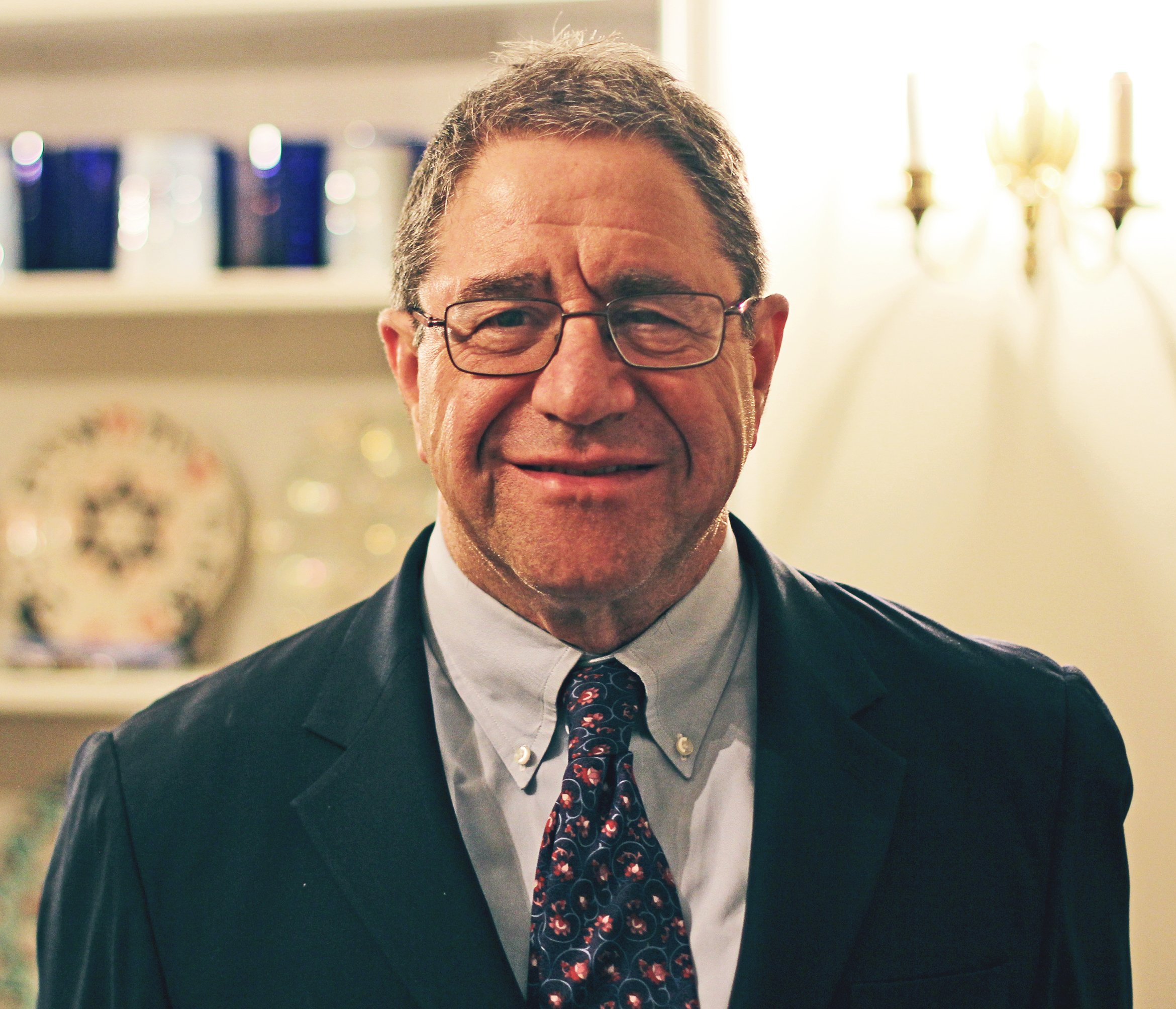Christopher Brown interviews Jeffrey Schnapp about The Electric Information Age Book: McLuhan/Agel/Fiore and the Experimental Paperback.
In The Jewish Bible: A Material History, David Stern explores the Jewish Bible as a material object―the Bibles that Jews have actually held in their hands―from its beginnings in the Ancient Near Eastern world through to the Middle Ages to the present moment. Drawing on the most recent scholarship on the history of the book, Stern shows how the Bible has been not only a medium for transmitting its text―the word of God―but a physical object with a meaning of its own. That meaning has changed, as the material shape of the Bible has changed, from scroll to codex, and from manuscript to printed book. By tracing the material form of the Torah, Stern demonstrates how the process of these transformations echo the cultural, political, intellectual, religious, and geographic changes of the Jewish community. With tremendous historical range and breadth, this book offers a fresh approach to understanding the Bible’s place and significance in Jewish culture.
The novel has been described as the quintessential literary form of modernity, but do we know what a novel actually is? And is it just a modern form? In this seminar we will look at a range of pathbreaking works that have bent the norms of prose fiction and have opened up new ways of understanding the world, from antiquity to the present. Readings will include selections from The Odyssey, The Tale of Genji, and Don Quixote, together with a range of modern novels, informed by several important statements on the novel, especially by the writers themselves.
What is the nature of the object that has been the focus of your education since you began to read–and at the core of Western culture since its inception– and why is it important to understand and appreciate its presence before your eyes even if it’s all but transparent?
You have spent much of your life since kindergarten (and perhaps earlier) reading books; and you will spend much of your time at Harvard continuing to read them. But do you even know what a “book” is? Is it merely a conveyor, a platform, for presenting a text? Can a book have a use other than being read? Does the nature of the material artifact inscribed with words shape or influence the way you understand their meaning? Do people read a scroll differently than they do a book with pages? Or a digital text on a screen? Why does the physical book persist in the digital age? To answer these questions, we will study the many different material forms in which texts in Western culture have been inscribed—from tablets to e-books—and the technologies that have enabled their creation. We will also explore every possible aspect of the object we know as a “book,” from the title page to the index, and from the layout of a page to the use of illustrations and decorations—and what each of these features of the book can tell us about its historical role, how readers have used the book, and what it has meant to them. Books we will look at will range from the Bible to Vesalius, from Homer to Harold and His Purple Crayon. Sections will visit the Weissman Preservation Center, Houghton Library, Fine Arts Special Collections, and the Harvard Art Museum, and all students will be required to study a manuscript close-up and participate in a printing workshop. The book as a material object is the focus of the course. The capstone project will be the creation of a (short) book by each student and an accompanying paper explaining its place in the history of the book in the West.
After taking this course, you will never look at a book in the same way.



Founded as a graduate program in 1904 and joining with the undergraduate Literature Concentration in 2007, Harvard’s Department of Comparative Literature operates at the crossroads of multilingualism, literary study, and media history.
© 2023 President and Fellows of Harvard College
Sign up to receive news and information about upcoming events, exhibitions, and more